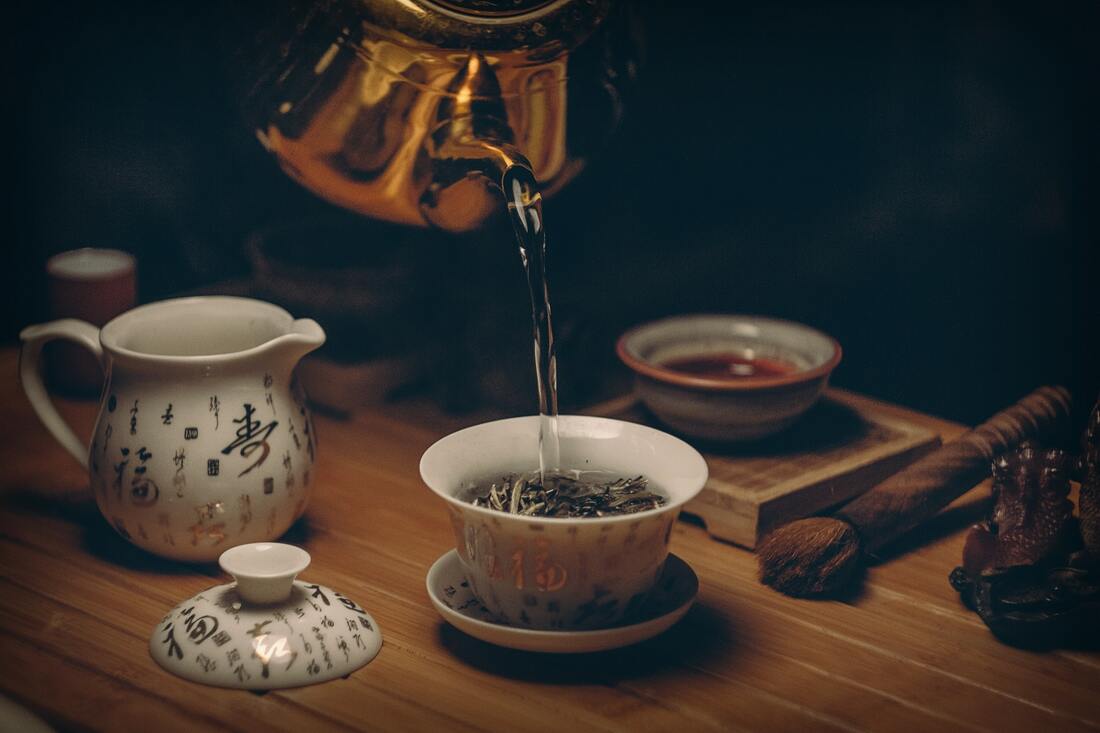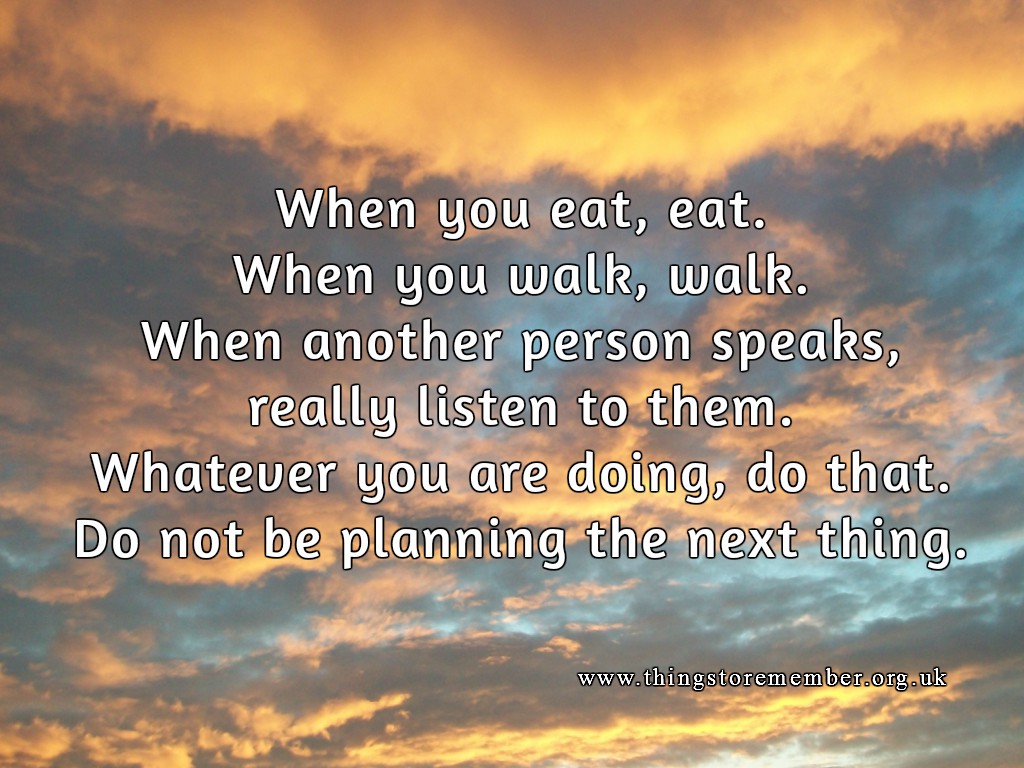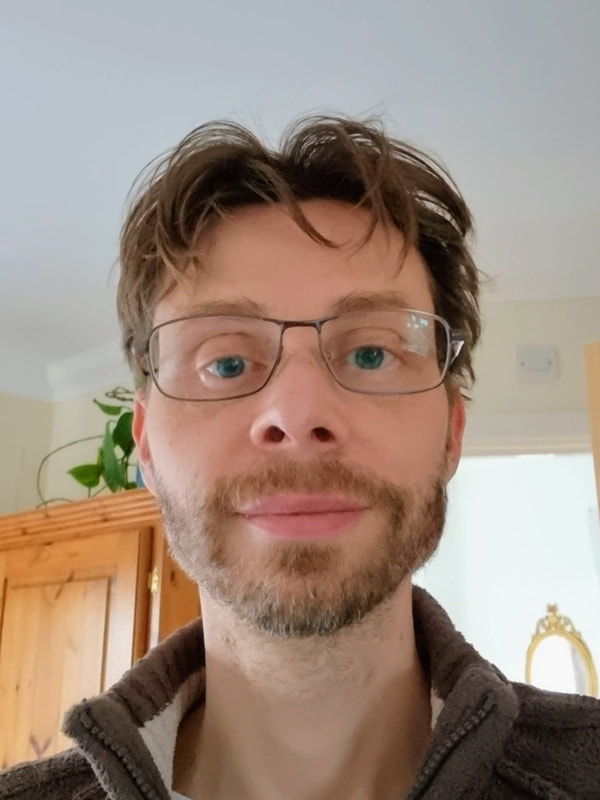Dear Lord
0 Comments
“Come to me, all you who are weary and burdened, and I will give you rest.” As I interpret these words, Jesus is recalling us to the Christ Self – which He was and is, and which is our innermost Identity too. "Take my yoke upon you and learn from me, for I am gentle and humble in heart, and you will find rest for your souls." (Matthew 11:29) We are weary and burdened on a soul level – an inevitable consequence of believing we are separate individuals, apart from the Whole, doomed ultimately to wither and die. To borrow the analogy used in Chapter 15 of John’s gospel, we are living our lives as branches that have been cut from the vine. Sometimes, when working at my computer or carrying out some household task, I catch myself becoming impatient; wanting the task to be over so that I can move on to the next – more interesting – thing. Completion of the task has become my goal, and I’ve lost touch with my primary purpose, which is about my state of mind. My primary purpose can be described variously as being at peace; being whole; forgiveness (as understood in A Course in Miracles); coming to Christ; remembering my Self. Whenever I find myself getting impatient, hurrying, agitated or not at peace, it is time to pause, take a deep breath and, as John Butler advises, "feel my feet on the ground". Can I now resume the activity and be at peace? If not, it would be better to step away from the activity and give my mind space and time to return to stillness; to return to Christ. That is the yoke I yearn to take upon me. And it is my primary task. “I rest in God.” This thought will bring to you the rest and quiet, peace and stillness, and the safety and the happiness you seek. “I rest in God.” This thought has power to wake the sleeping truth in you, whose vision sees beyond appearances to that same truth in everyone and everything there is. Here is the end of suffering for all the world, and everyone who ever came and yet will come to linger for a while. Here is the thought in which the Son of God is born again, to recognize himself. In the third in a series of blog posts, I continue my exploration of doorways to an inner state of peace.
3. If you lose touch with kindness, be present. Being present more of the time is perhaps the one thing I could do that would most improve the quality of my life. I remember an English teacher who would sometimes arrive late for class, pop his head around the door to say “I’m here” and then immediately disappear again for another five minutes. Too often, I am like that teacher – here but not really here. I’m present in body, but not in mind. While eating breakfast, I’m thinking of other things: the latest developments on Brexit, the implications of last night’s football scores, a project at work. I rush through my porridge, which could be a simple pleasure to savour at the start of the day. Before I know it, I’m brushing my teeth, then in my car driving to the station, fretting over whether I’ll have enough time to buy my ticket and what I’ll do if the queue is too long and I miss my train. I’m either looking forwards or backwards, but am rarely right here now with what is. Quaker mystic Thomas Kelly called this surface living. He observed that living in this way has brought on the world’s tragedy. This is because when we’re not conscious of our thoughts, those thoughts become our masters. Without awareness, they drive our actions – “Hurry up! I want it now! Got to look out for myself!” – and take away our freedom to choose how we respond. We experience stress and anxiety, symptoms of a lack of inner peace. And, as we act without consideration or care, we contribute to disharmony in the world. There is a quality in some things – fresh snowfall, an encounter with a fox or badger near my home – which stops me in my tracks, interrupts my thought-stream and brings me back to the here and now. In that state of present awareness, wonder can enter and peace returns. We can cultivate presence by practicing mindfulness as we go about our daily activities. Here are some examples:
Mindfulness lessens stress and increases wellbeing. It nourishes our relationships – how different is a conversation with someone who is fully present, compared to one with a person whose mind is elsewhere, or who is simultaneously checking their phone? Finally, presence allows our Inner Guide to make Itself known. How can Spirit speak to us, or through us, if we don’t give It a word in edgeways because of the constant chatter in our head? How can we sense the promptings of Love and Truth in our hearts if we’re not aware of the subtle feelings in our bodies, being identified completely with our thoughts? To hear the music rather than the static, we need to be tuned in. Presence leads us toward inner quiet; inner stillness. I’ll explore this further in a future post. The expression "to answer that of God in everyone" is well-known in Quaker circles. But what does it mean? This is what came to me in a quiet time recently:
To "answer that of God" is to experience a moment of joining with another person, a holy instant in which, at some deep level, we recognize that 'other' as our Self. |
AuthorPeter Parr: Quaker, writer and former member of the British minigolf team. (Actually those are all just roles I play. Words can't describe who any of us really are.)
|






 RSS Feed
RSS Feed


